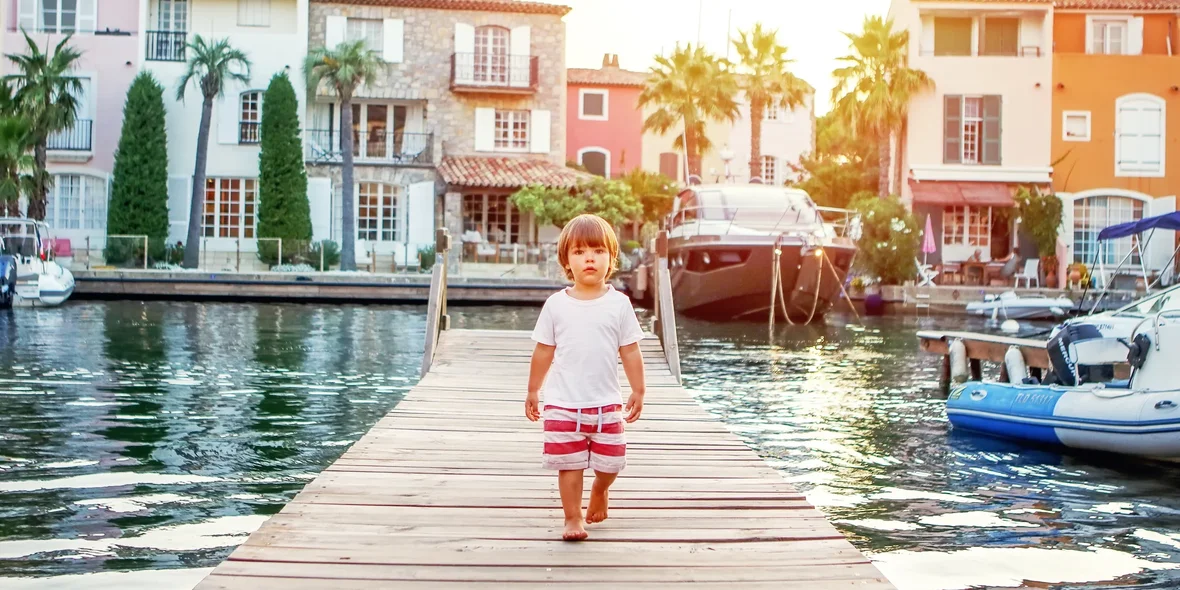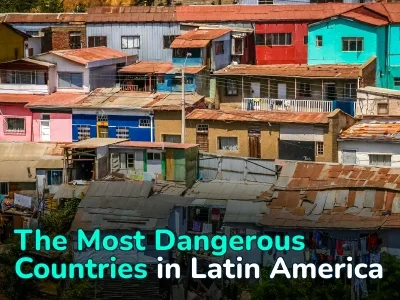
Best European Cities for Families with Children
When choosing a city to move to with children, most parents (76%) prioritize the availability of schools and hospitals. In 2025, Copenhagen overtook Vienna to lead the global ranking of the best cities to live in. Denmark’s capital scored a perfect 100 points for stability, education, and infrastructure. Surprisingly, one of Europe’s most expensive cities is also considered the best for families with children. This is largely because childcare in Copenhagen is free for families earning up to 208,100 DKK annually.
We explore where it’s truly comfortable to raise children in Europe and whether low costs or high-quality infrastructure matters more for families.
Copenhagen — The New Leader in Family Rankings
In 2025, Copenhagen topped the global ranking of the most livable cities according to the Economist Intelligence Unit, surpassing Vienna, which had led for three consecutive years. The Danish capital earned top scores in key family-oriented criteria: stability, education, infrastructure, healthcare, culture, and environment.
Why Copenhagen is ideal for families:
- 100/100 points for stability, education, and infrastructure.
- 95.8 points for healthcare quality.
- 95.4 points for cultural life and environment.
- Childcare is free for families with an annual income up to 208,100 DKK.
An American living in Copenhagen with her children for eight years says, «Here, you can really see where your taxes go.» Indeed, Denmark’s high taxes provide families with a level of support unmatched in most countries.
Vienna lost its top spot for a reason. Due to terrorist threats — including an attack planned for a Taylor Swift concert in 2024 and another targeting a railway station in 2025 — the Austrian capital scored only 95 points for stability. Nevertheless, Vienna remains in the global top three.
|
City |
Country |
2025 ranking |
Key advantages |
|
Copenhagen |
Denmark |
1 |
100 points for stability, education, infrastructure. |
|
Vienna |
Austria |
2 |
Leader for 3 years, high safety and healthcare standards. |
|
Zurich |
Switzerland |
3 |
Financial hub with excellent infrastructure. |
|
Helsinki |
Finland |
Top-10 |
Free education, child benefits up to €95/month. |
|
Salzburg |
Austria |
Top-15 |
Nature, culture, low crime rate. |
|
Prague |
Czech Republic |
Top-20 |
Affordable rent: €1,000–1,600 for a 3-bedroom. |
|
Lisbon |
Portugal |
Top-10 |
Free public kindergartens, private from €250–800/month. |
|
Bergen |
Norway |
Top-15 |
Environment, education, high salaries. |
|
Geneva |
Switzerland |
5 |
Top quality of life, banking hub. |
|
Melbourne |
Australia |
4 |
Multicultural, strong education system. |
The Scandinavian Phenomenon: Expensive but Reliable
Scandinavian countries consistently rank high in family-friendly city rankings, and it’s no coincidence. Helsinki regularly makes the top-10 list of Europe’s best cities for families due to its well-designed support system.
Finnish family support model:
- Child benefits starting at €95/month for the first child, increasing for additional children.
- Free education from age 7, including textbooks and lunches.
- Free preschool education for 4 hours daily for children aged 5–6.
- Additional support for low-income families — up to €500/year for extracurricular activities.
Childcare costs in Finland depend on family income, ranging from €27 to €288/month. Families with minimal income receive nearly free preschool education.
Danish System — even more generous:
In Copenhagen, families earning up to 208,100 DKK (about €28,000/year) get free childcare. Higher-income families receive subsidies to keep costs manageable.
Southern Europe: Quality and Affordability
Portugal and the Czech Republic stand out for offering a European quality of life at affordable prices.
Lisbon — a gem for families
In 2024, Lisbon was named the world’s best city for family relocation due to its balance of affordability and quality.
- Public kindergartens are free, with parents paying only for meals — about €40/month.
- Private kindergartens cost €250—800/month, depending on the area.
- Families earning up to €2,200/month can access subsidized private kindergartens for €80—100/month, including meals.
- School education is free, with extra Portuguese lessons for foreign children.
Prague — affordable Europe
The Czech capital attracts families with its affordability. Renting a two- or three-bedroom apartment costs 25,000–40,000 CZK (€1,000—1,600), significantly lower than in other European capitals.
Why Prague is a great choice for families:
- Safe streets and low crime rates.
- Enchanting atmosphere of the historic center.
- High-quality European-level education.
- Affordable living with a high level of services.
What European Parents Look For: Figures and Priorities
Research has identified clear priorities for parents choosing a city to live in with children:
Main criteria:
- Developed infrastructure (schools, healthcare) — 76%.
- Extracurricular activities and programs — 58%.
- Sports facilities and schools — 45%.
- Family entertainment — 44%.
- City’s academic and scientific potential — 33%.
Interestingly, safety concerns only 24% of parents, indicating that in European cities with modern infrastructure, safety issues are largely addressed.
Summary
The European model for family-friendly cities shows a clear trend: parents are willing to accept high tax burdens for quality state support. Copenhagen leads precisely because significant government spending on family policies yields tangible results.
Each family chooses its strategy:
- Wealthier couples prefer Copenhagen, Zurich, and Geneva — high quality of life at a premium price.
- Middle-income families opt for Vienna and Helsinki — European standards at reasonable costs.
- Young couples look to Lisbon and Prague — affordability with future prospects.
The key takeaway from the European experience: government investment in child infrastructure is justified by attracting talented families and fostering sustainable economic growth. Cities that invest in families today become leaders in global rankings tomorrow.
Author
I am responsible for editorial work. I write expert interviews and guides.
























